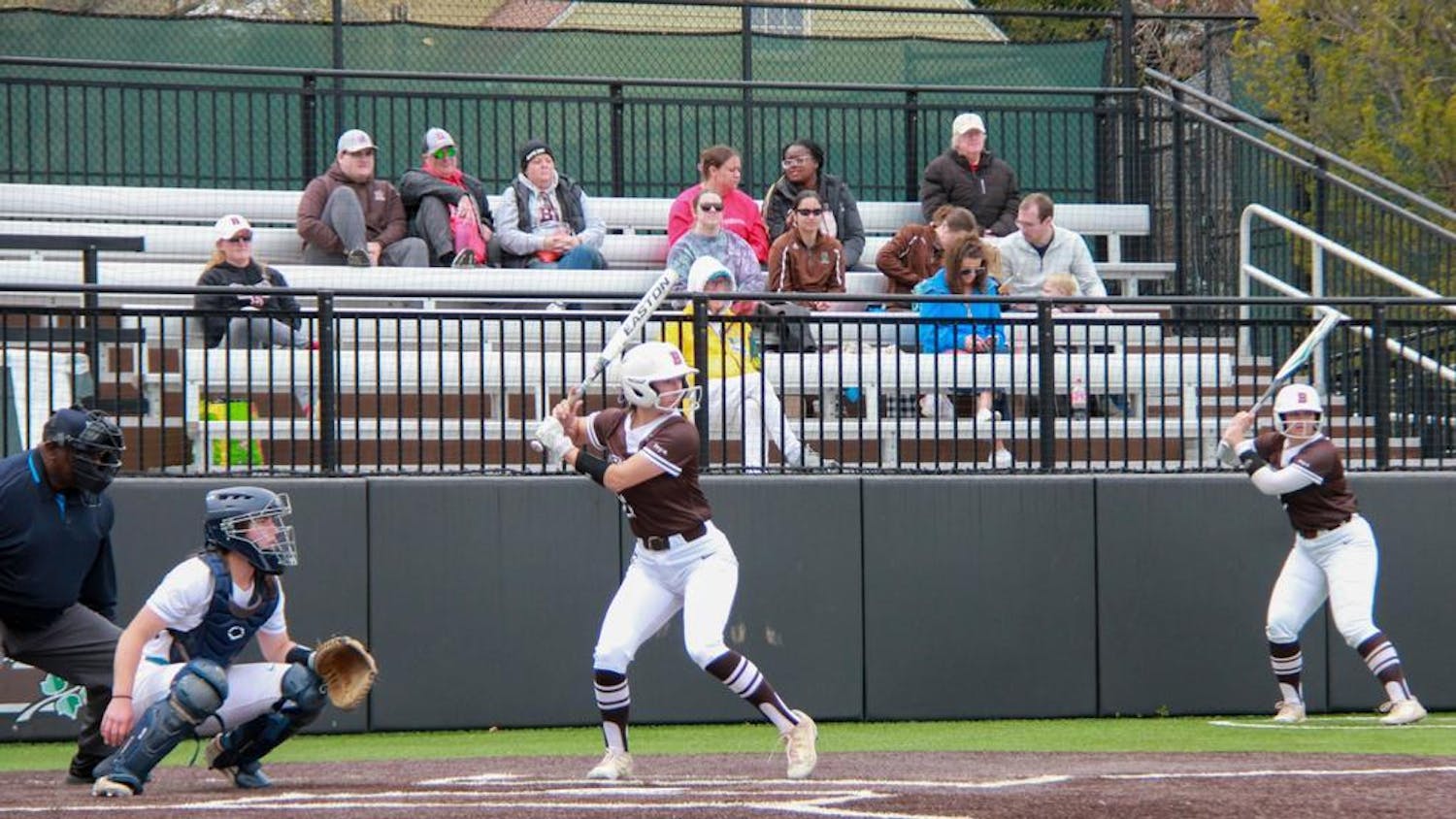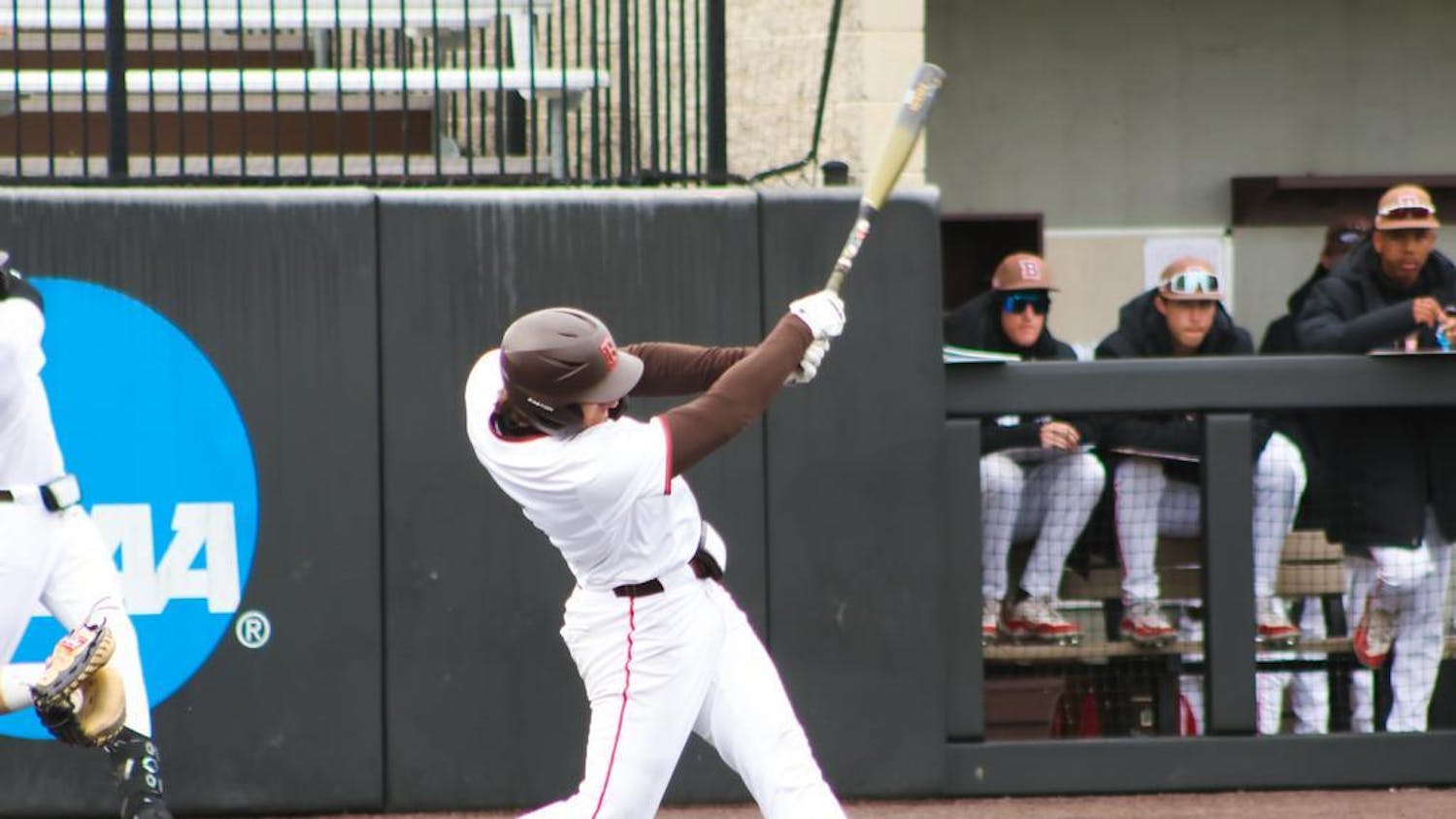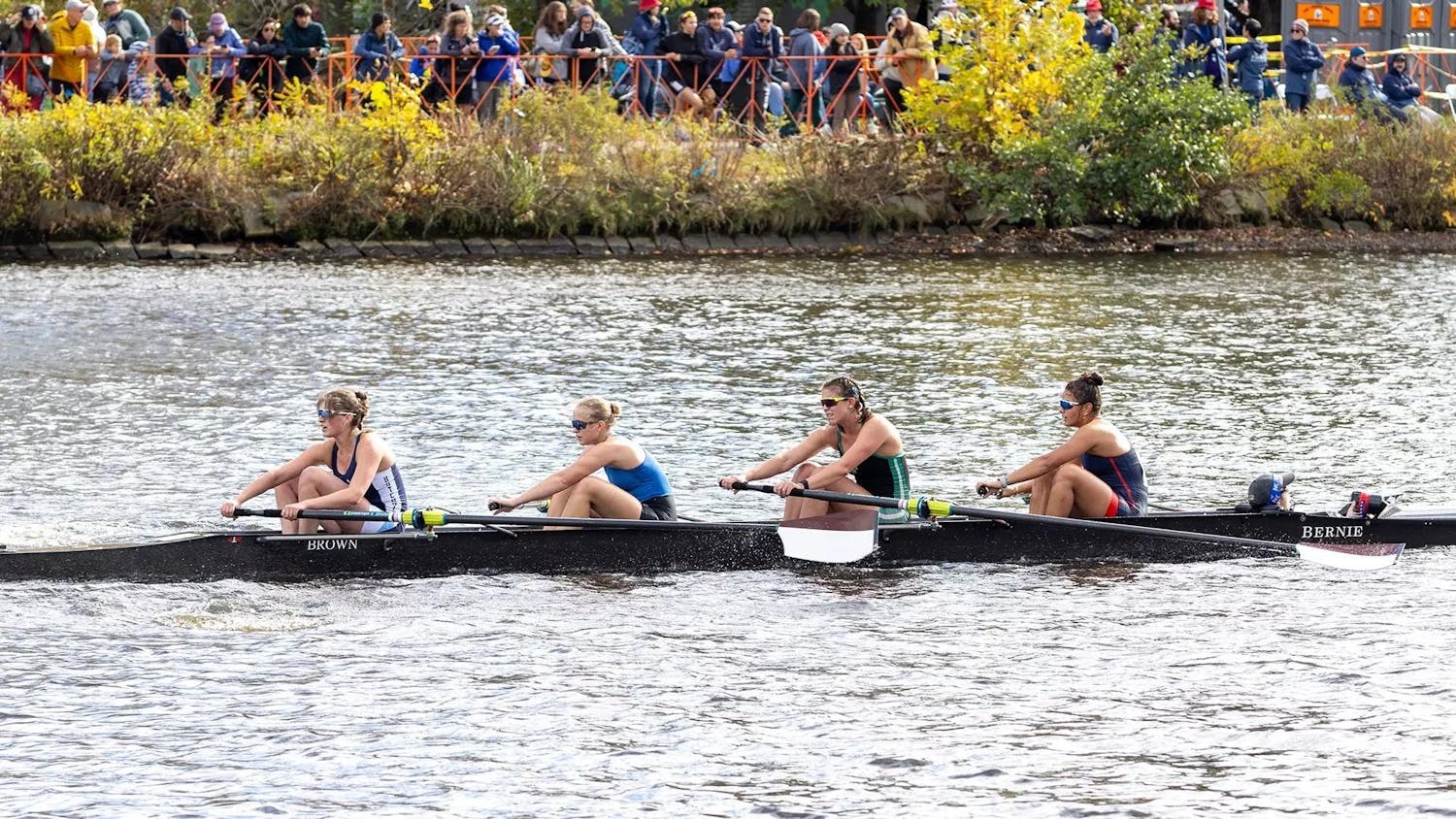Well, that escalated quickly. As details continue to emerge about the ongoing fiasco of the fractured Miami Dolphins locker room, the story only gets murkier. Who is the real Richie Incognito? Where is the line drawn between brotherhood and bullying? On a broader level, how do and how should power and hierarchy manifest themselves in a macho team sport? For now, here’s what we do know:
On Oct. 30, Dolphins offensive lineman Jonathan Martin angrily stormed off after teammates jokingly refused to sit with him in the cafeteria. Over the next several days, it became clear that this seemingly innocuous prank was not an isolated incident. Martin’s camp alleged that over the past year he had been the victim of vicious bullying, led by fellow offensive lineman Incognito. Transcripts of texts and voicemails revealed racially charged threats of violence delivered by Incognito (who is white) to Martin (who is biracial). Martin’s lawyer released a statement claiming that his client “endured harassment that went far beyond the traditional locker room hazing.” Each new detail seemed to paint a picture of Incognito as a malicious brute who enjoyed psychologically and physically harassing his younger teammate.
But even as this picture coalesced in the media, more and more players have begun to publicly support Incognito and condemn Martin. Dolphin veterans, including quarterback Ryan Tannehill and offensive lineman Tyson Clabo, insisted that the two teammates had a brotherly relationship, and they backed Incognito’s claim that the vulgarity is taken out of context and is typical of locker room banter. Elsewhere around the league, players generally felt that though Incognito went too far, Martin had broken an unwritten code of conduct. Broncos defensive tackle Terrance Knighton criticized him for turning an internal issue into a public distraction. Former Dolphins running back Ricky Williams accused Martin of scapegoating Incognito for his personal problems. Giants safety Antrelle Rolle remarked, “Jonathan Martin is a 6’5” 320 pound dude. I think he should be able to stand up for himself.” Aside from the racial epithets, players generally agreed that such hazing was simply part of football culture. Player rhetoric both inside and outside the Dolphins’ locker room focused on Martin betraying the team at a crucial point in the season due to his inability to cope with the NFL lifestyle.
So how can we reconcile these two images? On one hand, Incognito is clearly a bully with a nose for trouble. His reputation dates all the way back to 2002 as a first-year at the University of Nebraska, when he incited an incident that culminated in a teammate storming out of practice. Incognito was suspended twice at Nebraska before transferring to the University of Oregon, where he was promptly kicked off the team within a week of his arrival. In 2009, Incognito was voted the “NFL’s Dirtiest Player” by a Sporting News poll of 99 other players. Throw in a 2004 assault charge, 2012 allegations that he inappropriately harassed a woman and reports that he regularly held mandatory meetings at a strip club, and you get a troubled timeline of Incognito’s career as a football player and teammate.
But Incognito has somehow garnered ardent supporters every step of the way. In 2012, the Pro Football Writer’s Association presented Incognito with Miami’s “Good Guy Award” for cooperation and professionalism in dealings with the media. He not only served on the Dolphins’ six-player leadership council but also was reportedly the group’s most vocal and active member. And in this latest bout with controversy, Incognito undoubtedly has the support of his fellow Dolphins players who unanimously tout him as a good teammate. Martin himself even texted Incognito and absolved him of blame, citing the general culture around football as the real reason for his meltdown.
Evidently there’s still a lot to this story we don’t know. What is the true relationship between Martin and Incognito? Is this situation typical in NFL locker rooms? Dolphins ownership is publicly supporting Martin. Dolphins players are publicly supporting Incognito. Clearly, there’s a disconnect here. Do players have a better firsthand perspective, or is this perspective clouded by the macho culture of the league? In the world of smash-mouth football, to be called “soft” or “thin-skinned” is as insulting as it gets. Martin probably never voiced his concerns to teammates or coaching staff for fear of questions about his toughness. NFL players can’t be seen as anything but the epitome of masculinity. Men can’t be bullied because they are men.
But Jonathan Martin proves this false. It is clear that hazing is a central aspect of a certain machismo culture that pervades NFL locker rooms. In a sport full of egos and alpha males, players are trained and commended for bullying opponents on the field. Some harsh fraternity practices are inevitable. This case represents an extreme, but every locker room has its problems.
Still, I can’t imagine this sort of situation unfolding on the Patriots, Ravens or Packers. (In fact, Patriots personnel red-flagged Incognito for character issues in advance of the 2005 draft.) That’s why, to me, amidst all its twists and subplots, this story is about a lack of leadership more than anything else. On a successful team, leaders should keep their teammates focused on one common goal. The locker room polices should minimize a presence like Incognito’s. Teammates, coaching staff, ownership — they’re all responsible for creating a team-first workplace environment with no room for internal power structures.
It seems that everyone — Martin, Incognito, the Dolphins, the NFL — has emerged from this saga a loser. Organizational oversight failed at every level of the Miami Dolphins, allowing this situation to get out of hand. Sure, football is a sport that encourages displays of physicality, masculinity and sometimes immaturity. But at the end of the day, most every locker room is kept in check by a leadership presence that sets the tone for success. Winning should be the only goal. The Miami Dolphins either lacked any semblance of leadership or decided that Incognito was their leader. Either way, it’s time for a change in South Beach.
Mike Firn ’16 thought dolphins were supposed to be friendly. Clear things up for him at michael_firn@brown.edu
ADVERTISEMENT




